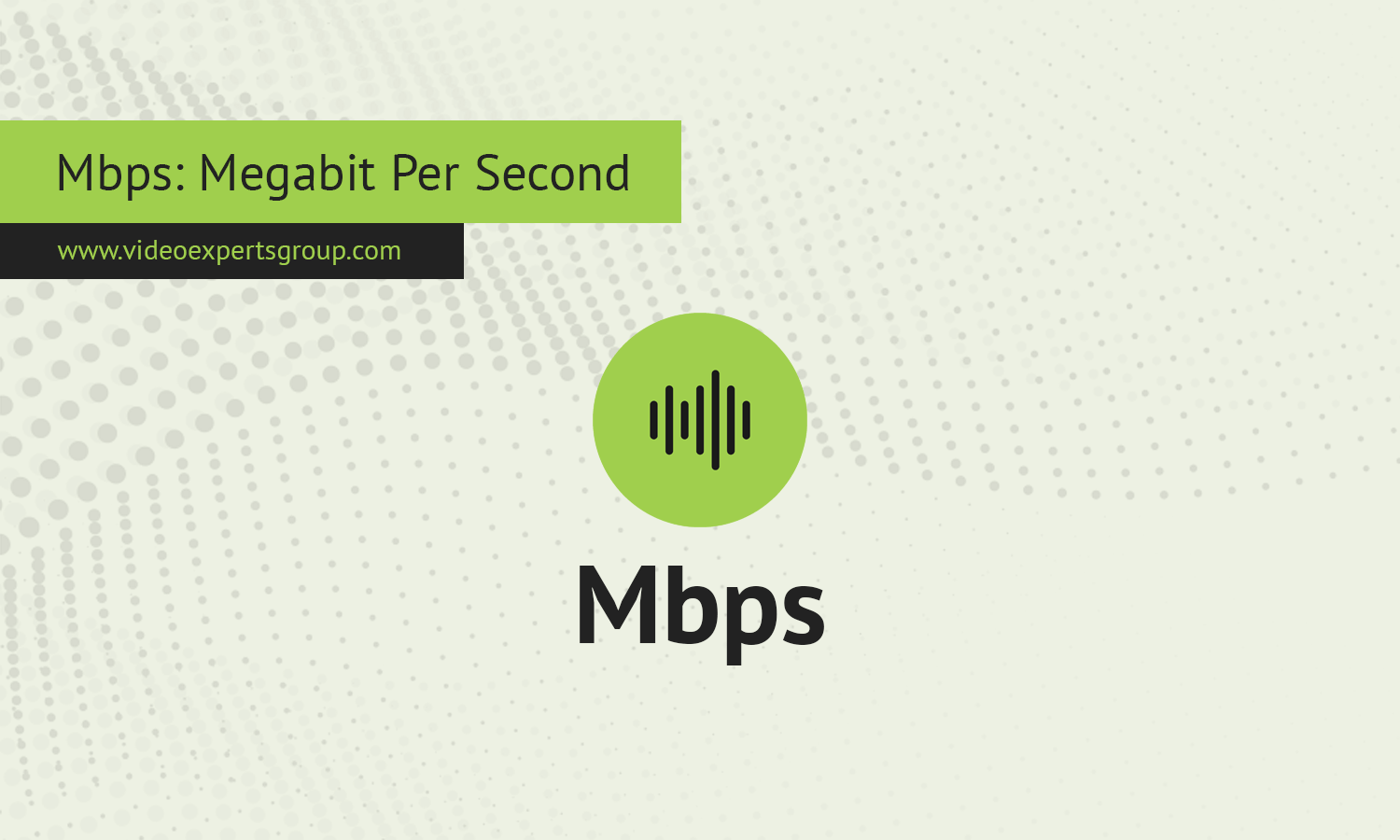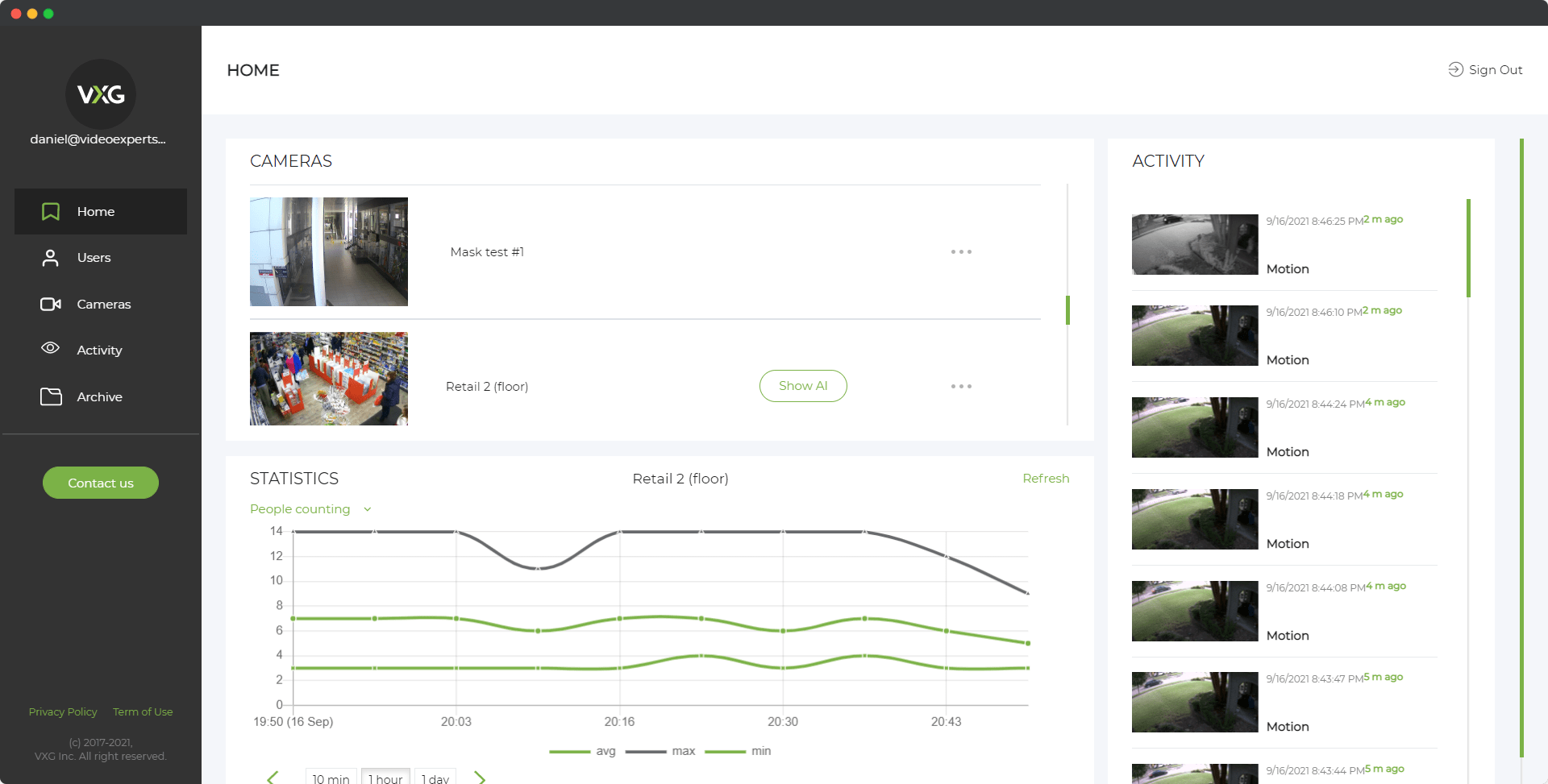The term "Mbps" or "Megabit per second" is a standard measurement of data transfer speed commonly used in networking and internet connections. It defines how much data can be transmitted or received over a network in one second, making it an essential metric for understanding the performance of broadband, fiber, or wireless networks.
When you subscribe to an internet plan or measure the speed of a network connection, you often see values like 100 Mbps, 500 Mbps, or even higher. These values indicate the maximum data transfer speed you can expect from that connection. Whether you're streaming videos, downloading large files, or gaming online, Mbps plays a crucial role in how smoothly your connection performs.
Meaning of Mbps
Mbps stands for "Megabit per second," where:
- Mega refers to one million (1,000,000).
- Bit is the smallest unit of digital information, represented as either 0 or 1.
- Per second indicates that the measurement is based on the amount of data transferred within one second.
1 Mbps equals 1,000,000 bits per second (1 Megabit = 1,000,000 bits). While this term may sound similar to MBps (Megabytes per second), it's important to note that 1 byte consists of 8 bits. Therefore, 1 MBps = 8 Mbps.
In practical use, Mbps is a common metric for internet speeds, particularly in home and business networks. If your internet speed is 50 Mbps, it means the connection can theoretically transmit 50 million bits per second. This metric helps users determine how fast they can stream, download, upload, and browse.
Conversion Table
This table includes conversions from bits per second (bps) to tebibytes per second (TiBps), along with an additional column for bytes per second (Bps), making it easier to understand how these units relate to each other.
| Unit | Bit per second | Byte per second |
|---|---|---|
| 1 bit per second (bps) | 1 bps | 0.125 Bps |
| 1 kilobit per second (Kbps) | 1,000 bps | 125 Bps |
| 1 megabit per second (Mbps) | 1,000,000 bps | 125,000 Bps |
| 1 gigabit per second (Gbps) | 1,000,000,000 bps | 125,000,000 Bps |
| 1 terabit per second (Tbps) | 1,000,000,000,000 bps | 125,000,000,000 Bps |
| 1 petabit per second (Pbps) | 1,000,000,000,000,000 bps | 125,000,000,000,000 Bps |
| 1 exabit per second (Ebps) | 1,000,000,000,000,000,000 bps | 125,000,000,000,000,000 Bps |
| 1 byte per second (Bps) | 8 bps | 1 Bps |
| 1 kilobyte per second (KBps) | 8,000 bps | 1,000 Bps |
| 1 megabyte per second (MBps) | 8,000,000 bps | 1,000,000 Bps |
| 1 gigabyte per second (GBps) | 8,000,000,000 bps | 1,000,000,000 Bps |
| 1 terabyte per second (TBps) | 8,000,000,000,000 bps | 1,000,000,000,000 Bps |
| 1 kibibyte per second (KiBps) | 8,192 bps | 1,024 Bps |
| 1 mebibyte per second (MiBps) | 8,388,608 bps | 1,048,576 Bps |
| 1 gibibyte per second (GiBps) | 8,589,934,592 bps | 1,073,741,824 Bps |
| 1 tebibyte per second (TiBps) | 8,796,093,022,208 bps | 1,099,511,627,776 Bps |
Pros and Cons of Mbps
Like any metric, Mbps comes with its pros and cons in practical use, particularly when measuring network performance.
Pros
- Standardized Measurement: Mbps is widely recognized and used across industries, making it a convenient and standardized metric for comparing internet speeds and network performance.
- Easy to Understand: For users, Mbps offers a straightforward way to grasp how fast their connection can transmit data. For instance, a 100 Mbps connection is faster than a 50 Mbps one.
- Effective for Streaming and Downloads: Higher Mbps ratings directly translate to faster download and upload speeds. For example, to stream high-definition video on platforms like Netflix, speeds of around 5 Mbps to 25 Mbps are generally sufficient.
- Bandwidth Allocation: In shared networks, measuring speed in Mbps allows network administrators to allocate bandwidth more effectively among users and applications.
Cons
- Can Be Misleading: Mbps alone doesn’t always paint the full picture of connection quality. Other factors, such as latency, packet loss, and network congestion, also affect the actual performance.
- Confusion with MBps: Users often confuse Mbps (megabits) with MBps (megabytes). Since 1 MBps equals 8 Mbps, this confusion can lead to unrealistic expectations about download speeds.
- Performance May Vary: Advertised Mbps speeds by internet providers are typically "up to" values. Real-world performance is often lower due to a variety of factors like distance to the server, network congestion, and hardware limitations.
- Not Suitable for Smaller Data Transfers: For very small data transfers, measuring in Mbps may not be appropriate as it's better suited for larger streams of data over sustained periods.
Understanding Mbps is key to evaluating your network’s performance, selecting the right internet plan, and determining the speed required for your activities. While Mbps is a simple and standardized metric, it’s important to keep in mind the difference between bits and bytes, and how actual performance can vary due to multiple factors.
















